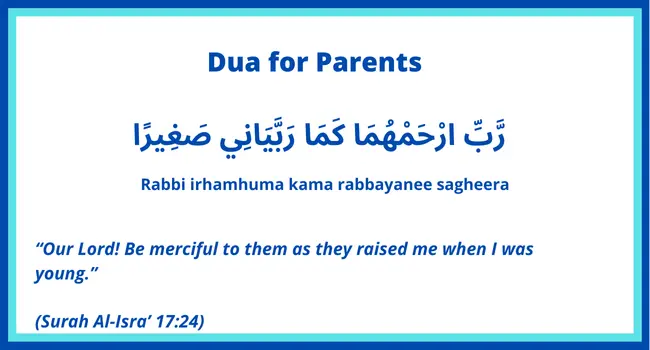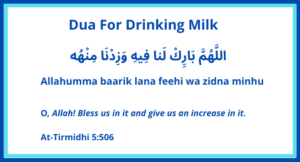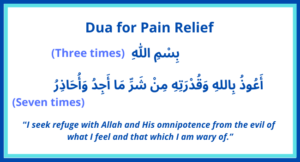A “Dua for parents” is an earnest supplication. And a heartfelt plea to the Almighty to shower blessings and mercy upon those who have given us life and love. In a society where respect for parents is paramount, this spiritual practice is a religious duty. Let’s explore different Duas for parents.
Dua For Forgiveness for Parents
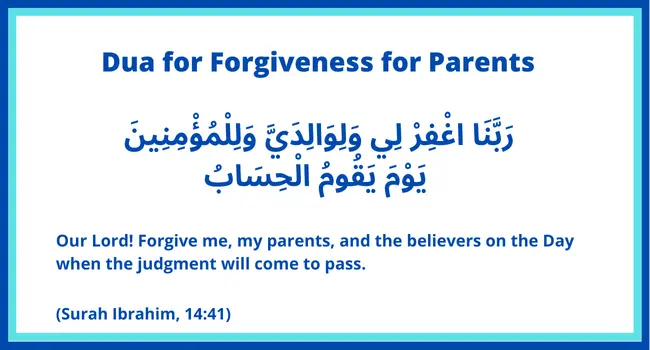
By regularly invoking Allah’s blessings and mercy upon our parents, we honor their sacrifices and ensure their legacy flourishes. As we enjoy the modern life, let’s not forget the powerful act of praying for our parents.
Dua for Parents Who Passed Away

Dua for Parents to Enter Jannah
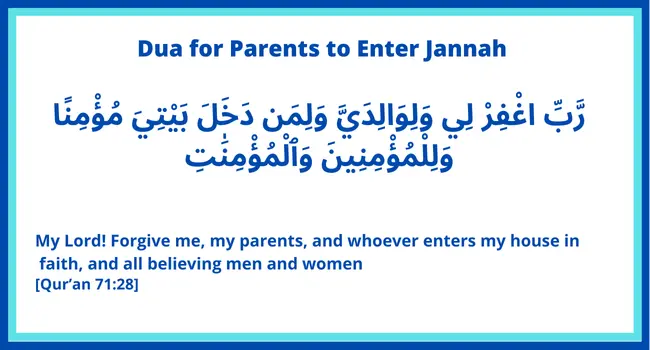
The elders in the Pak families often recount stories from Islamic history, highlighting the virtues of those who honored and prayed for their parents. These stories serve as moral lessons, reinforcing the importance of this practice. So, in many homes, it is customary to include a dua for deceased parents, asking for their forgiveness and a place in Jannah (Paradise).
Powerful Dua for Parents Health and Long Life
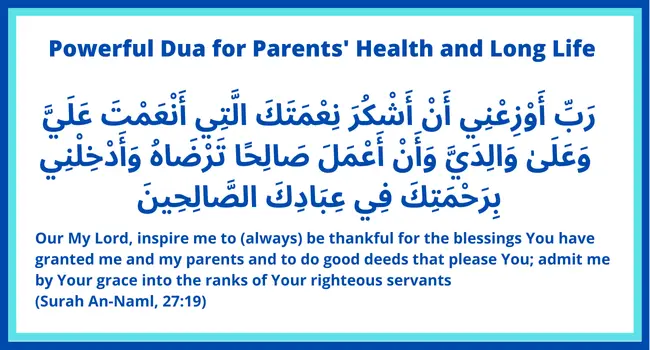
In Islam, the role of parents is highlighted with great reverence. The Holy Quran and Hadiths emphasize the importance of showing kindness, respect, and gratitude to one’s parents. The Quran states in Surah Al-Isra (17:23-24):
“And your Lord has decreed that you not worship except Him, and to parents, good treatment. Whether one or both of them reach old age while with you, say not to them [so much as], ‘uff,’ and do not repel them but speak to them a noble word. And lower to them the wing of humility out of mercy and say, ‘My Lord, have mercy upon them as they brought me up [when I was] small.'”
This verse encapsulates the essence of a “Dua for parents,” urging us to seek Allah’s mercy and blessings for our parents, acknowledging their sacrifices and unconditional love. Pakistani households often recited this dua with deep sincerity, reflecting the cultural values of respect and gratitude towards them.
How to Read Dua for Parents in Arabic
Cultural Practices Surrounding Dua for Parents
In Pakistan, a “Dua for parents” is woven into the daily fabric of life. Elders teach children the importance of prayers from their childhood. This practice is not confined to specific occasions but is a continuous, daily act of devotion.
Moreover, during special events such as Eid, Ramadan, birthdays and anniversaries, the act of making a dua holds a special place. It is a common sight in Pakistani homes to see children, regardless of their age, raising their hands in prayer after Salah, asking Allah to bestow His blessings and mercy on their parents.
The Spiritual Impact of Prayer for Mom & Dad
In the heart of Pakistani culture, where family ties are cherished, making a “Dua for parents” expresses profound love. Moreover, this practice not only fulfills a religious obligation but also strengthens emotional and spiritual bonds within families.
Therefore, making a prayer for mother and father an integral part of our daily lives shows enduring respect and gratitude for them. Ultimately, this practice is a testament to our appreciation for those who have given us everything in life.
Incorporating Dua for Mother & Father in Daily Life
Integrating a “Dua for parents” into daily routines can be simple yet profoundly impactful. Here are some ways to make this practice a regular part of life:
- Post-Prayer Supplications: After completing the five daily prayers (Salah), take a moment to make a special dua for your Mom and Dad. This can be a simple prayer asking for their health, happiness, and guidance.
- Special Occasions: On occasions like Jummah (Friday prayers), Eid, and family gatherings, make it a point to include this dua. This reinforces the importance of this practice in both personal and communal settings.
- Teaching Children: Educate children about the importance of making a dua for parents. Encourage them to make this a habit from a young age, explaining the religious and cultural significance behind it.
- Daily Reflections: At the end of the day, spend a few moments reflecting on their sacrifices and make a dua for their well-being. This can be a private, meditative practice that fosters a deep sense of connection and gratitude.
The Bottom Line
In the heart of Pakistani culture, where family ties are cherished, making a “Dua for parents” is a powerful expression. This practice not only fulfills a religious obligation but also strengthens emotional and spiritual bonds within a family.
By regularly invoking Allah’s blessings and mercy upon our parents, we honor their sacrifices and ensure their legacy flourishes. As we enjoy the modern life, let’s not forget the profound act of praying for our parents.
In conclusion, Making “Dua for parents” an integral part of our daily lives shows enduring respect and gratitude. This practice is a testament to our appreciation for those who have given us everything in life.

